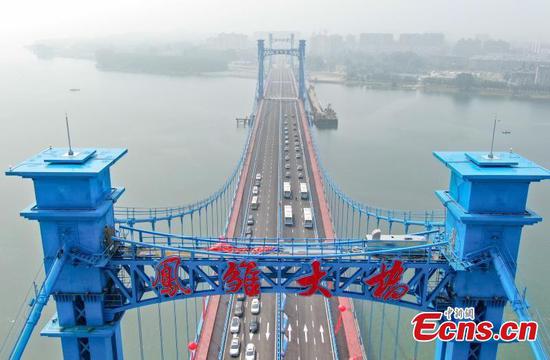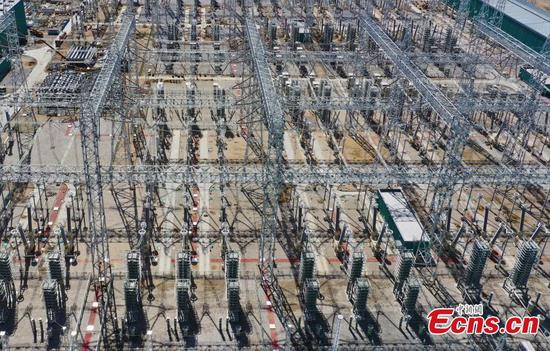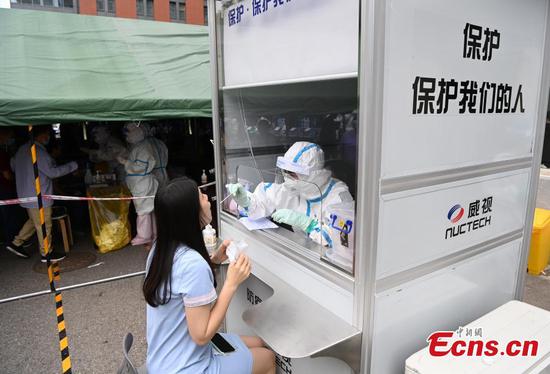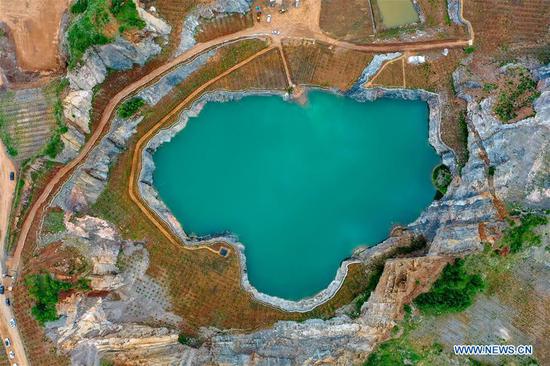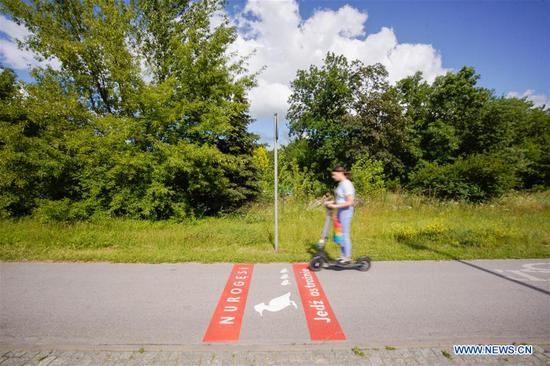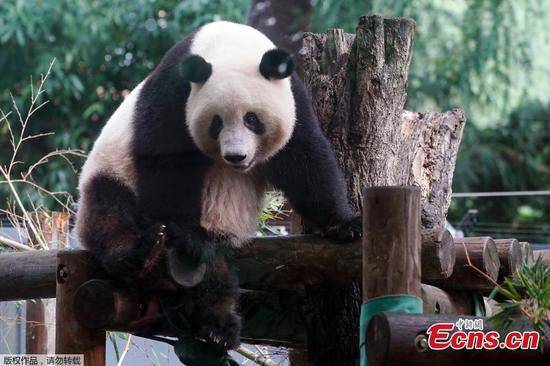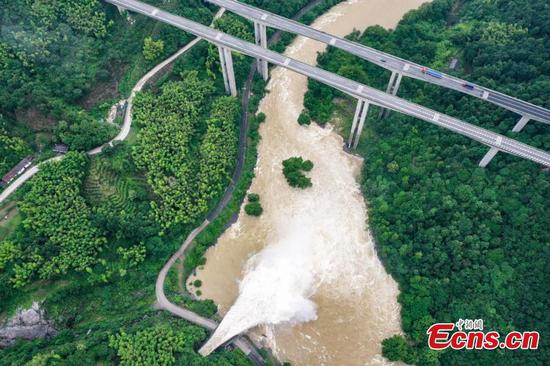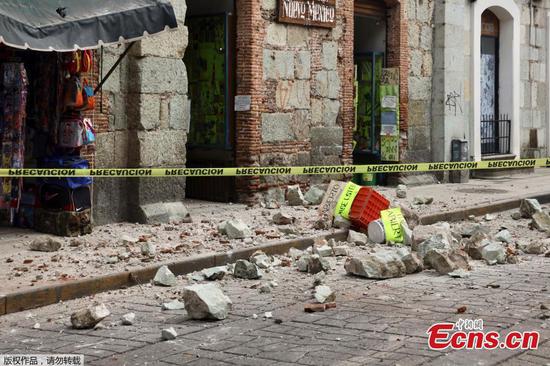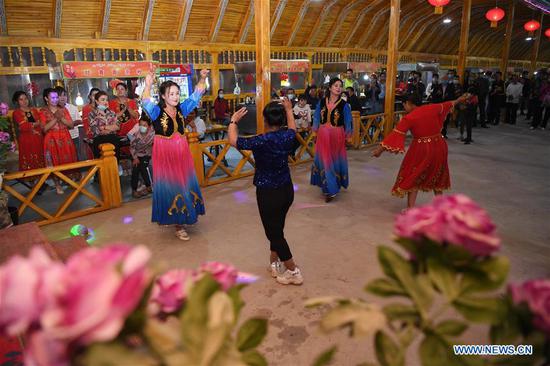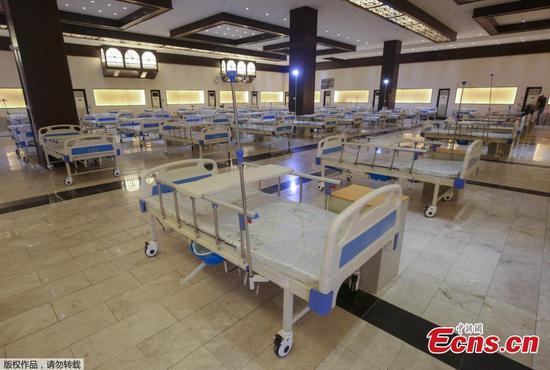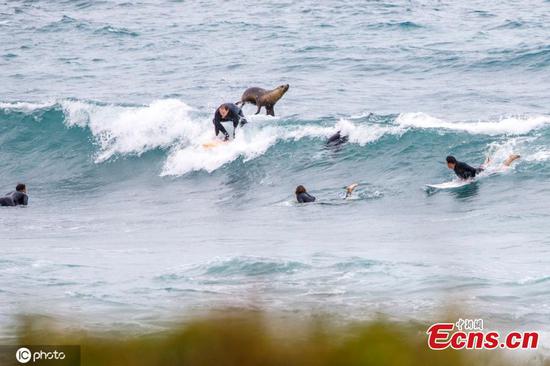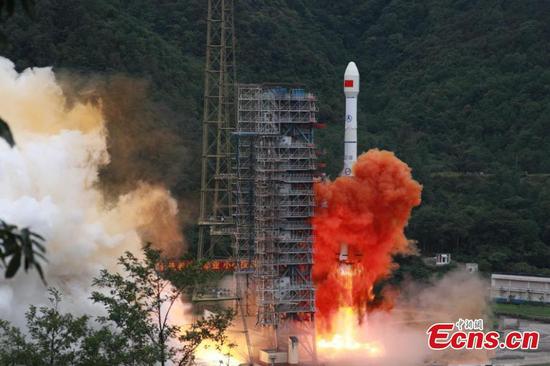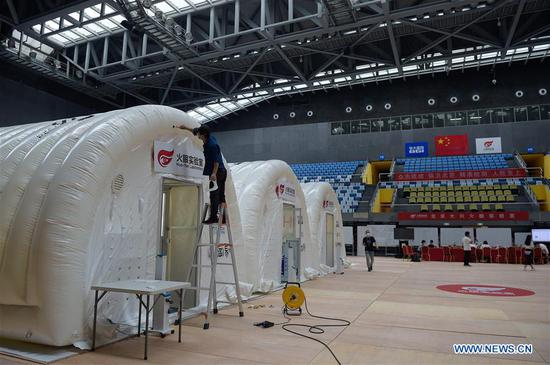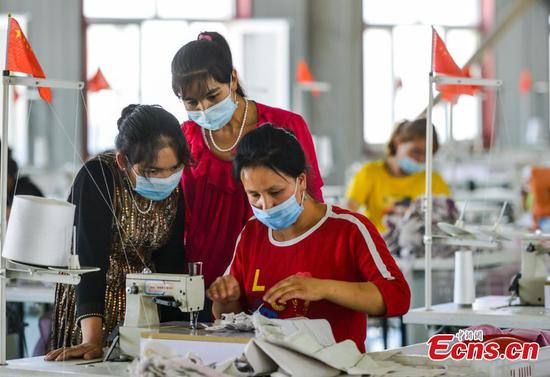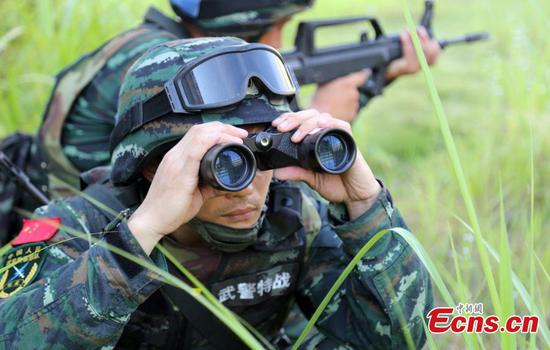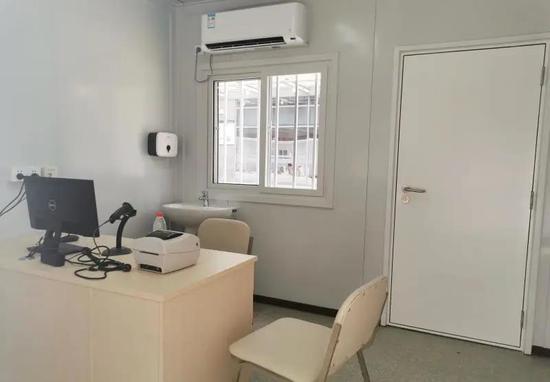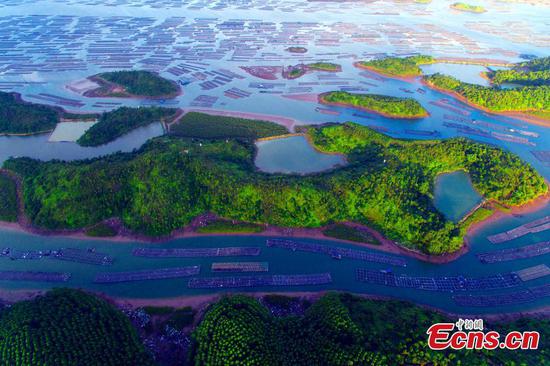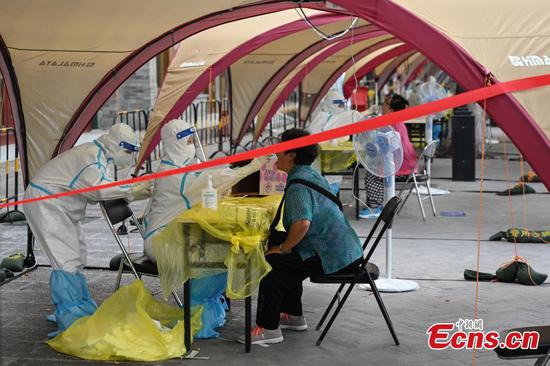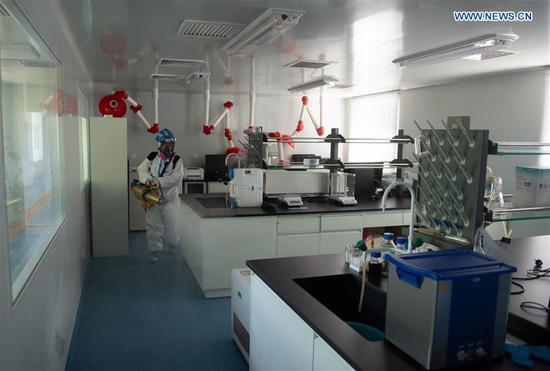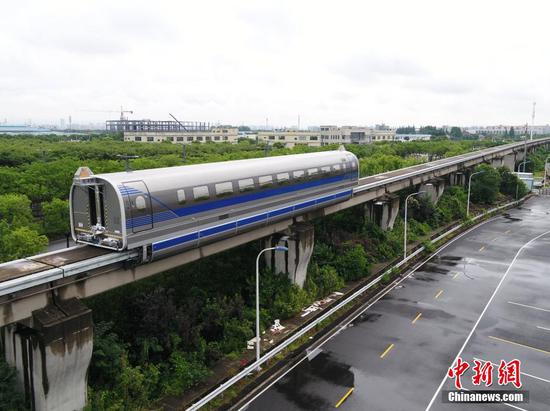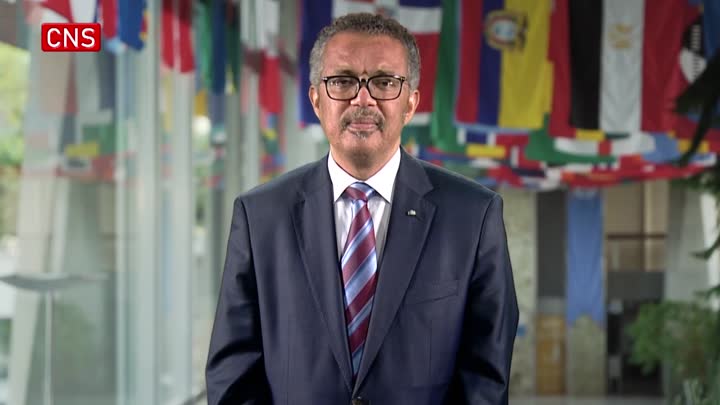Businesses are generally positive about the legislation on safeguarding national security in the Hong Kong Special Administrative Region (HKSAR), the director-general of investment promotion at Invest Hong Kong of the HKSAR government said in a recent interview with Xinhua.
"We are talking in quite some details with both existing and prospective investors about the overall environment in Hong Kong, and that includes talking about the proposed national security legislation. Most of the businesses that we're talking to really welcome it," Director-General of Investment Promotion at Invest Hong Kong (InvestHK) Stephen Phillips said.
As the head of InvestHK, a department of the HKSAR government responsible for attracting foreign direct investment and supporting overseas and Chinese mainland businesses to set up or expand in Hong Kong, Phillips pointed out that the social unrest since June 2019 has undoubtedly caused concerns for many of the investors InvestHK is working with, and certain sectors, such as retail and hospitality, were substantially hit in particular.
After months of turmoil, businesses generally welcome and understand the need for the legislation, he said.
"What businesses want is stability and certainty. They want to know that their business isn't going to be disrupted by social unrest. So the vast majority are really welcoming."
As Hong Kong's economy is struggling under the double blows of the social unrest and the COVID-19 pandemic, companies clearly want to see Hong Kong pull together and start afresh, Phillips said.
As an international financial and trade hub, Hong Kong has enjoyed a range of advantages including high-quality talent, strong institutional arrangements and the rule of law under "one country, two systems", he said, affirming that he does not expect these advantages to be affected after the law on safeguarding national security in Hong Kong is enacted.
"If you listen to everything that we hear from the central government, the messages are very clear about the commitment to 'one country, two systems' and Hong Kong's role as an international city within the country and an international financial center. I don't think those messages could be any clearer," he said.
"So I'm very optimistic about the future. And I think once we see the law in place we'll see things calm down and get back to business as usual."
According to Phillips, the optimism is shared by many investors. "We continue to talk to investors about opportunities that Hong Kong offers and most of them in the medium and long term remain quite optimistic."
The department assisted 487 companies from overseas and the Chinese mainland to set up or expand in Hong Kong in 2019, up 11.7 percent year-on-year, setting a new record.
The figure by the end of this May was at about 75 percent of the level expected to be, but he thinks it is a temporary situation that has more to do with the impact of COVID-19.
"We've seen a bit of slowdown, but we're optimistic that once the borders open up we will see a rebound."
Phillips said his department remains very committed to finding ways both to get existing investors grow here and to continue to attract new investors.
InvestHK's teams in more than 30 cities around the world continue to talk to prospective investors, and virtual meetings and digital and social media are used to keep the conversation warm and get the messages delivered.
"We're keeping visibility high for Hong Kong. Hopefully once people can begin to travel again, we can hit the ground running," he said.
With existing investors, InvestHK is assisting them in navigating the current challenges with help from a wide range of economic relief measures introduced by the HKSAR government, and at the same time in seeking new avenues for growth.
The new growth opportunities, Phillips said, lie in Hong Kong's innovation agenda, the Guangdong-Hong Kong-Macao Greater Bay Area (GBA) and, more broadly, Asia.
Asia will continue to be the engine of global economic growth, and the GBA is seen as a phenomenal opportunity that captures the imagination of companies around the world, he said. "Many companies are very keen to understand how they can leverage that."
Hong Kong is geographically super connected with other parts of the region, and an interplay is expected between Hong Kong's development in innovation areas, such as Fintech, biotech, smart city and AI and robotics, and the opportunities within the GBA, across China and also other parts of Asia, Phillips pointed out.
"When you look towards the horizon, companies still are very interested in coming to Hong Kong and using Hong Kong to access GBA and the wider markets of Asia," he said.
Since he first came to Hong Kong as a young banker from Britain more than 30 years ago, Phillips has focused his career on Hong Kong and the mainland for decades.
"There are so many opportunities either for international companies using Hong Kong to access the mainland, but increasingly, mainland companies using Hong Kong as a stepping stone to the rest of the world," he said. "So we'll continue to work really hard to find the win-win situations for everybody."









